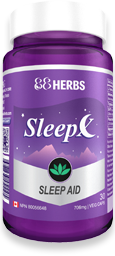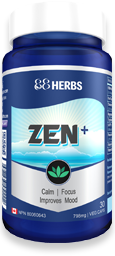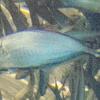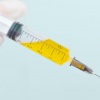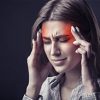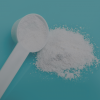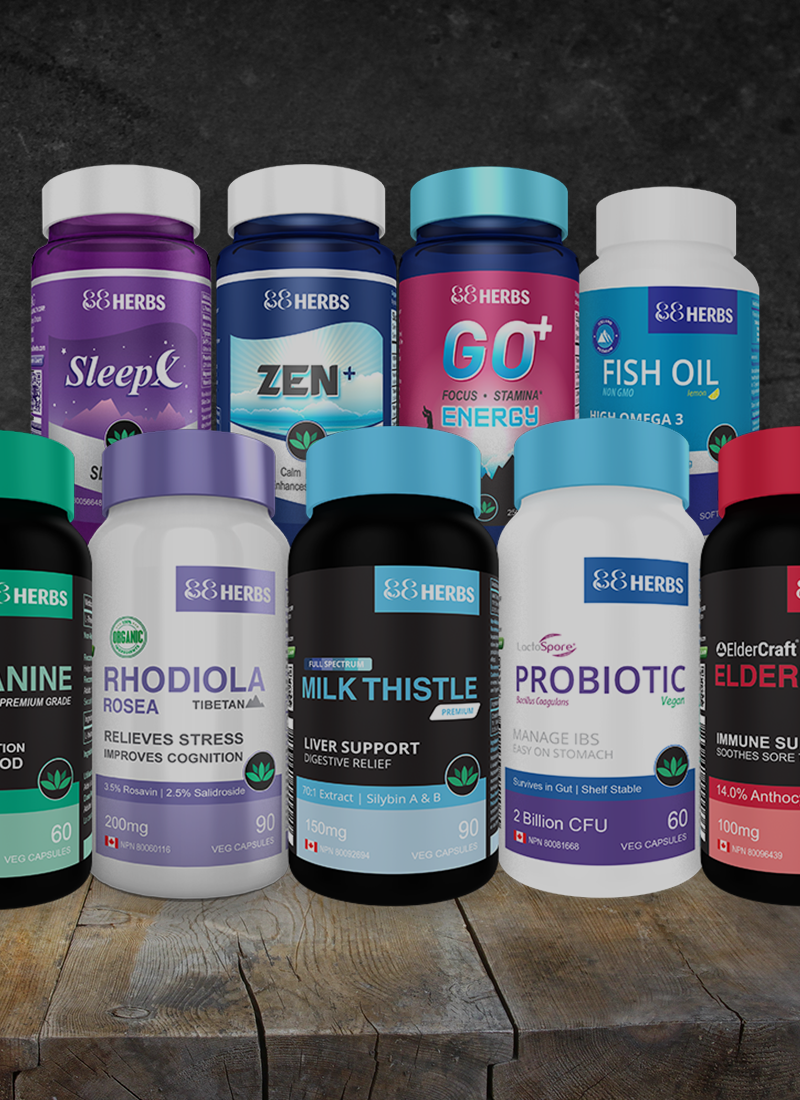Best supplement for Anxiety
What is the best supplement for Anxiety?
We’ve been on a multi-year intense research quest to find the absolute best and most potent natural supplement combination for all forms of anxiety; whether it be General Anxiety Disorder, Social Anxiety, or really any type of anxiety which can haunt an otherwise healthy person, and eat away at the quality of their lives.
We’ve found that the correct answer lies in a truly complex combination of several natural substances and cofactors. If you’ve tried one or two herbs for anxiety and found they didn’t work, or at least not really as well as you’d like, then this should come as no surprise.
The great news is that when combined in the right way, the synergistic combination of the studied herbs and cofactors can significantly reduce anxiety and dramatically improve overall mood and a sense of well being and happiness.
We’re proud to present the most up to date, exhaustive, and accurate information to you here.
We’ll explain how anxiety works at a biochemical level in the brain. And then we’ll show you what to combine, and in what ratios, to treat this naturally. We’ll also explain how this all works together. The most potent herbs, supplements, and cofactors for reducing anxiety which we’ll discuss in this report are:
• L-Theanine
• Valerian
• Passionflower
• 5-HTP
• Ashwagandha
• Vitamin B6
• Vitamin B3 (Niacinimide)
• Vitamin B12 (Methyl)
• Magnesium citrate
In order to answer this question properly, we needed to first research what the biochemical mechanisms of anxiety are, how it works in the brain, and then find what herbs, amino acids, neurotransmitters, and other natural substances we can combine to synergistically combat these effects simultaneously.
Anxiety works in several fascinating ways and on many different systems. It’s more than just “nervousness” or “excessive worry”.
It’s important to truly understand that it’s biochemical in nature. When we’re our most anxious, many things are physically happening in different parts of our brains. We need to understand what is going on, and fight fire with fire to get back to our natural state of peace.
One aspect of anxiety is simply over activity in the brain. We all know what it’s like to drink too much coffee (caffeine). We feel jittery and nervous. Even if we have nothing to be nervous or anxious about, we know the feeling of too much caffeine in our systems. It’s an uncomfortable feeling.
Well, even without the caffeine, our brains are still often over-active. Caffeine is a stimulant. We need something that is like an “anti caffeine” to combat anxiety. Something that relaxes your mind and calms you down.
A sedative, is somewhat like the “opposite” of a stimulant. It is relaxing, it’s calming. A sedative, in relatively small doses, can help relieve all types of anxiety. (Large doses of sedatives will put you to sleep, and extremely large doses can actually have the opposite effect and make you nervous)
Have you ever noticed that drinking tea will make you much less anxious than drinking coffee? It’s not because there is less caffeine in tea (which is true) but it’s because tea, both green tea and black tea, contain a substance called L-Theanine.
L-Theanine combats the stimulative effects of caffeine and provides a feeling of calmness. It also helps to improve mood and optimism. It is not really a sedative, but has some sedative like properties. It is more of an anxiolytic (see below), but it does have some properties of each. Since it’s not a strict sedative, it can reduce anxiety without causing much drowsiness.
It works by inducing the release of gamma-amino butyric acid (GABA), the primary inhibitory neurotransmitter. When brain levels of GABA are high, people are more relaxed and less anxious. And although direct supplementation with GABA is possible, many believe that supplementation with L-Theanine is far better because GABA can’t get into the brain from the outside (ie, can’t cross the brain blood barrier) when taken as a supplement. GABA is only beneficial when it’s already in the brain to start with, and L-Theanine can assist in the release of GABA in the brain.
L-Theanine can be extracted from tea leaves and taken alone as an anti anxiety supplement. You’ll often see L-Theanine supplements marketed as stress reducers or something along those lines. It’s a wonderful supplement, but it’s far more effective when taken in combination with others mentioned below.
Valerian is another extremely popular and effective weapon in the treatment of anxiety. In order for supplementation with valerian to be effective, it needs to contain high amounts of the active ingredient, valeric acid. Most of the valeric acid is found in the root of the valerian plant. So it’s essential to have an extract of the root, and it’s even more essential to ensure that the extract has been standardized to a degree of at least 0.8% valeric acid. Regular crushed up valerian plant won’t do much if anything at all. You need the valeric acid.
Valerian is also used as a potent sleep aid, and it is a strong sedative. If you are using valerian in the treatment of social or general anxiety, you need to have a relatively small dose so you get the calming effects without being knocked out. Valerian root extract has been scientifically shown to reduce anxiety, but the exact mechanims of work are not completely known or agreed upon by scientists. They do, however, agree that it does work.
They believe that it, like L-theanine, acts on the GABA neurotransmitter. But it works on a different way than L-theanine does. The combination effect of low does valerian with L-theanine is very good for relieving anxiety without causing extreme drowsiness.
Passionflower extract (standardized to guarantee at least 4% flavanoids) is another saviour in the war against anxiety. If you can find a passionflower with 20% flavanoids, then all the better. That is 5X as powerful! It’s extremely rare on the market, but it does exist. Passionflower has been used on it’s own and with valerian. The combination or “multiplier effect” of the passionflower/valerian mix is nothing short of impressive. They both work on the GABA receptor in different ways. High levels of GABA in the brain induce feelings of happiness, optimism, calmness, and a sense of well being. While valerian and L-theanine increase the levels of GABA in the brain, passionflower seems to keep the levels high.
It acts as a mild “MAO inhibitor”. MAO stands for “mono amine oxidase”, which sounds like a fancy word. But it’s really just a natural enzyme which breaks down GABA. So imagine that you have high levels of relaxing GABA in the brain from L-Theanine and valerian. Now adding passionflower into the mix will ensure that the levels stay high. This is intentionally oversimplified, but it’s essentially what is going on. Some studies question passionflower as a true MAO inhibitor, but it’s well known that it works very well in conjunction with valerian. Even when taken alone, some studies have shown passionflower to have similar effects of “Valium” in rats. The effects are much more pronounced and effective when taken with these other 2 supplements. Many people feel that passionflower gives them a sense of extreme happiness and even euphoria.
Ok, now onto serotonin, the “happiness hormone”. Anxiety and depression are clearly not the same thing, but they are indeed linked. If you are nervous about a speech or a presentation, you are experiencing anxiety. If you are just sad and down, you are experiencing depression. People who are sad and down in the dumps a lot usually have much higher levels of anxiety, both general and social. They are more introverted, and they are afraid and uninterested in meeting new people. They have a hard time really feeling confident and being themselves. It’s a horrible feeling and we’ve all had it, it’s just far worse for some of us than others.
The purpose of looking at depression (the opposite of happiness and positivity) in the discussion of anxiety is that if we can induce happier and more positive and optimistic moods in people who experience anxiety, we can simultaneously make them feel better and reduce their anxiety levels. So increasing serotonin can be indirectly key to dealing with anxiety. The added confidence and happiness from higher levels of serotonin help tremendously get rid of the needless thoughts of worry and over-thinking that come with anxiety.
5-HTP (5 Hydroxy Tryptophan) is a natural chemical precurser for tryptophan, melatonin, and serotonin. It is often sold and prescribed on it’s own to help with depression. The basic mechanism is that it increases serotonin levels in the brain, which provide us with “feel good”, “happy”, and “optimistic thoughts”. Several studies have shown that 5-HTP works wonders on relieving depression, and in conjunction with the other herbs and cofactors we’re discussing, on combating anxiety as well.



